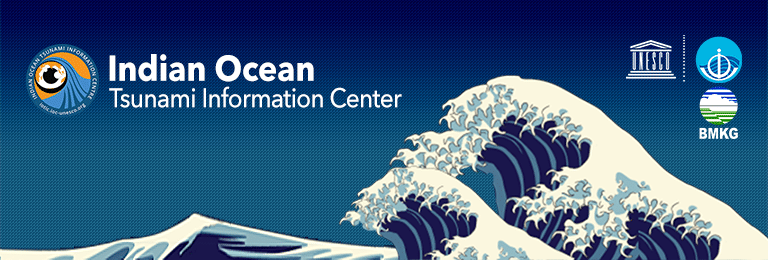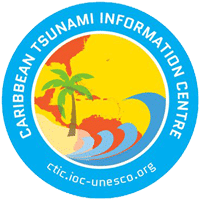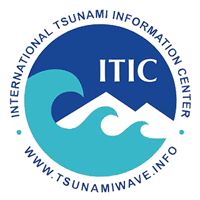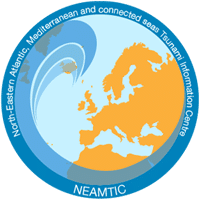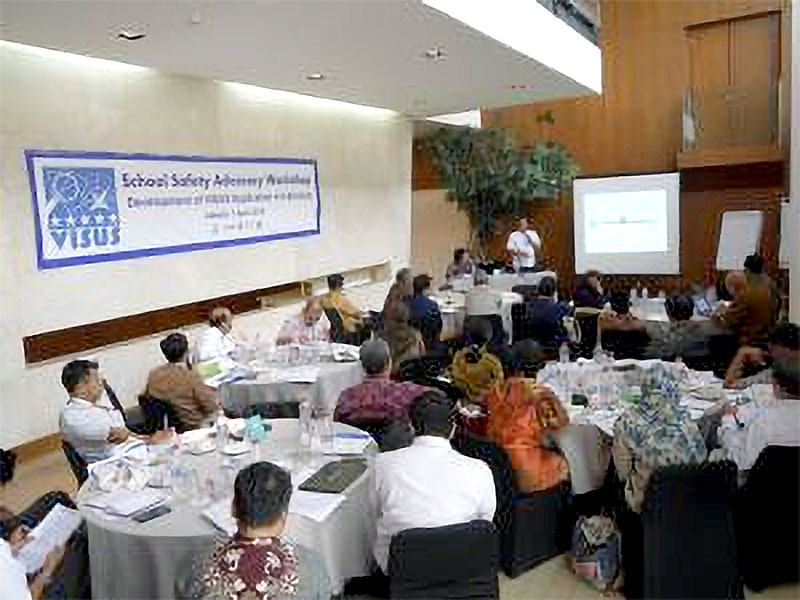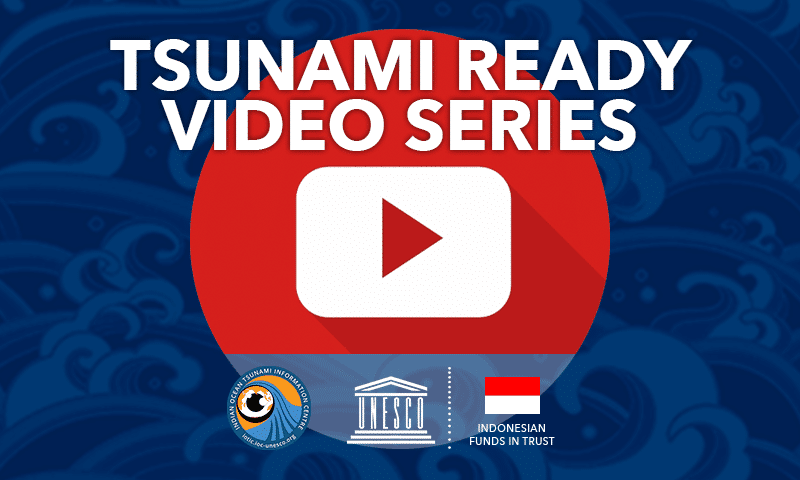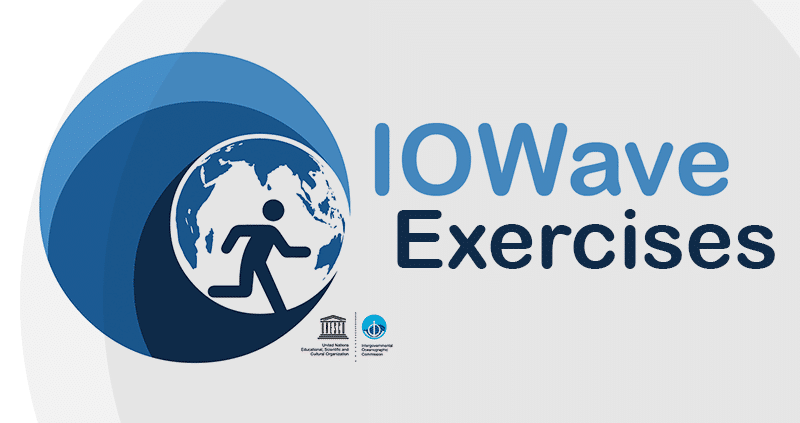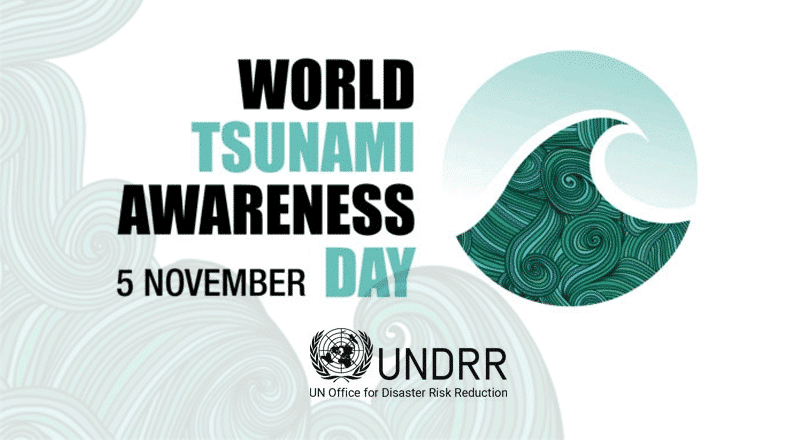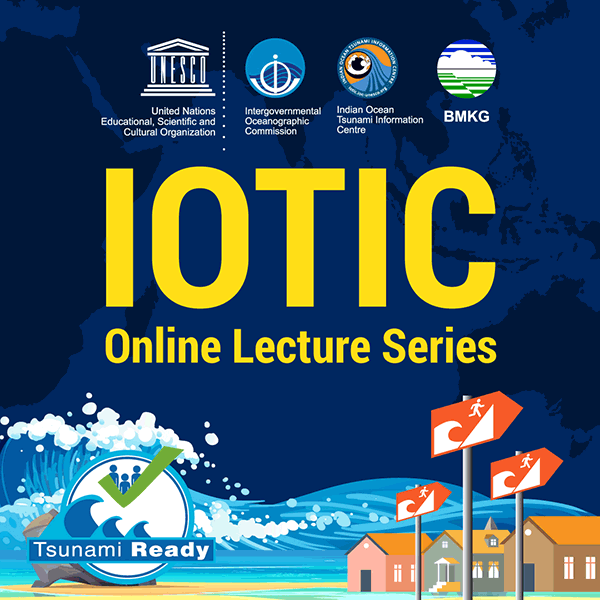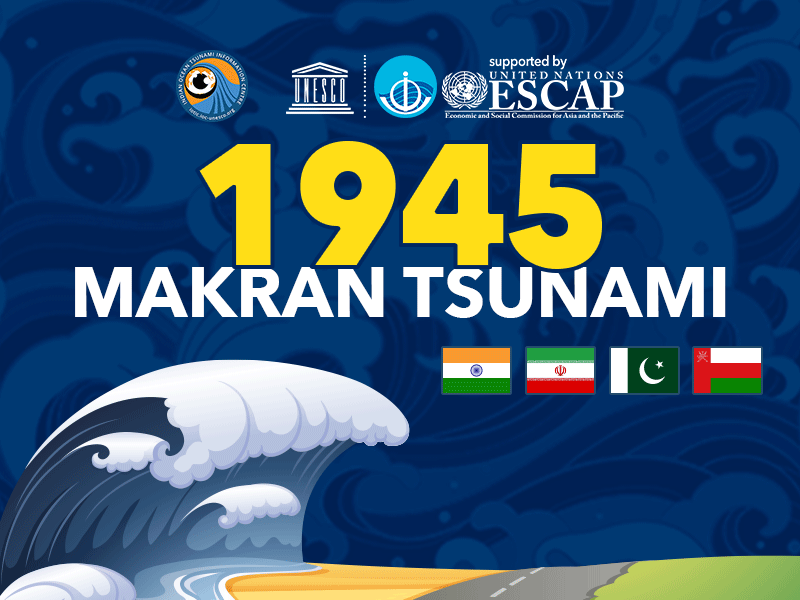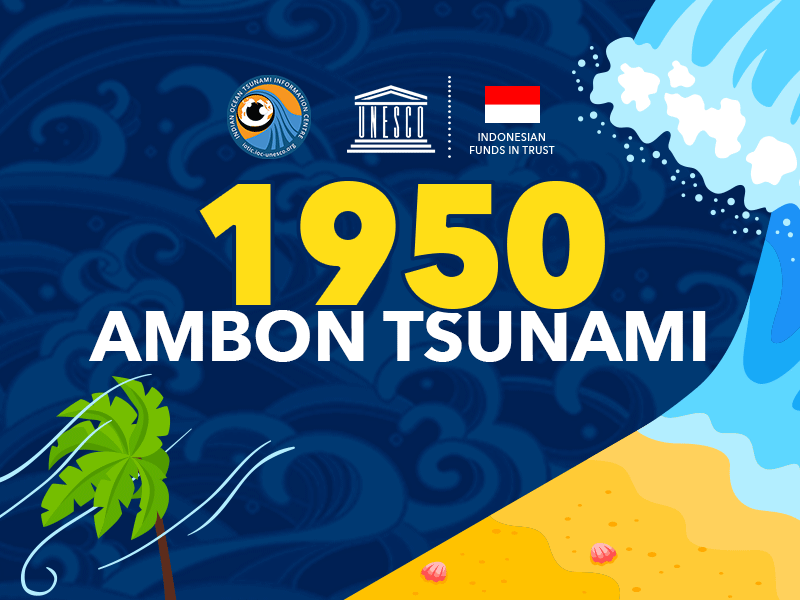A School Safety Advocacy Workshop to discuss the development of VISUS Application in Indonesia was organized by the Disaster Risk Reduction and Tsunami Information Unit (DRRTIU) of UNESCO Office Jakarta at the Morrissey Hotel Jakarta on 7 April 2016. This workshop was supported by Global Facility for Disaster Risk Reduction (GFDRR) and UK Aid through the Challenge Fund Project known as “VISUS (Visual Inspection for defining the Safety Upgrading Strategies) Adaptation in Indonesia through Application Development and Integration to INASAFE”. Attending the workshop were thirty eight participants from 14 institutions comprising representatives from various departments of the Ministry of Education & Culture (MoEC/Kemdikbud) responsible for all levels of education, National Disaster Management Agency (BNPB), Ministry of Public Works & Housing, UN Agencies, Universities, National and International Non-Government Organizations, and Faith Based Organizations.
Among the objectives of this workshop was to discuss the linking of VISUS methodology and data together with information systems managed by the Ministry of Education & Culture and the National Disaster Management Agency. Outcomes of the discussion would help inform and prepare participants for the following stage of the project, where a multi-hazard assessment of over 100 Indonesian schools would be performed. Meanwhile, the workshop also provided a valuable platform for participants to share experiences and lesson learnt from the adaptation of VISUS which had been previously completed in Bandung and Pangandaran.
1111111
Mrs. Sri Renani Pantjastuti, Directress for Special Education and Special Services (PKLK) of MoEC was presenting the progress on the Safe School Initiative led by PKLK which included a special focus on the schools that were located in disaster prone areas or those directly affected by disasters.
Before commencing the workshop, Mr Ardito Kodijat, National Programme Officer of UNESCO Office Jakarta welcomed participants and explained briefly about the contribution of VISUS to Comprehensive School Safety (CSS) and in particular for Pillar 1 on Safer Learning Facilities. Mr. Kodijat described the support provided by VISUS to the global educational community in ensuring that every new school be a safe school, and that every existing school already assessed could now take the necessary steps to upgrade their safety (retrofit, remodeling, replacement, etc.). After the welcoming remarks, an opening speech was provided by Mrs. Sri Renani Pantjastuti, Directress for Special Education and Special Services (PKLK) of MoEC presenting the progress on the Safe School Initiative led by PKLK which included a special focus on the schools that were located in disaster prone areas or those directly affected by disasters.
Following the Opening Session, two panel presentations were held focusing on the themes:
Policy and Practices on Safer Learning Facilities;
Educational and Disaster Risk Database System and Application (Software, Web, and Manual Basis).
The presentations in these sessions were delivered by experts from the Directorate for Basic and Secondary Education of MoEC; Centre for Data and Statistic on Education of MoEC; Centre for Data and Information of BNPB; Building Standardization Unit of the Directorate General of Human Settlements, Ministry of Public Works & Housing; Faculty for Civil Engineering and Environment of Technology, Bandung Institute of Technology (ITB); and World Bank Indonesia. In between panel presentation sessions, two videos related to disaster education were showcased, the first relating to ADDRESS (Adopting DRR in Education for Safer Schools in Indonesia) and the latter regarding VISUS Adaptation in Indonesia.
In the afternoon, an open discussion was held in order to gain further inputs from the participants for the development of VISUS application pertaining to two important areas:
VISUS Adoption and Integration to Educational Information System and Database;
Integration of VISUS Application to Disaster Risk Data and Information System.
Outcomes of the discussion would help inform and prepare participants for the following stage of the project, where a multi-hazard assessment of over 100 Indonesian schools would be performed.
Outcomes of the discussion would help inform and prepare participants for the following stage of the project, where a multi-hazard assessment of over 100 Indonesian schools would be performed.
The end result from this workshop featured recommendations for a mechanism to help integrate VISUS methodology and data to BNPB and MOEC database information systems, as well as, recommendations on how to achieve synergy between existing standards and regulations related to building structure, especially those associated with school environments.
The organizers of the workshop would like to express their sincere thanks to all the official representatives, participants and partners from the Indonesian Consortium for Development Education (CDE) who made the discussion meaningful and productive, along with the researchers from SPRINT-Lab, University of Udine for developing VISUS.
As we progress in our achievement of School Safety within the Sendai Framework for DRR, we look forward to the outcomes of this workshop and VISUS application contributing further to the comprehensive safety of schools throughout Indonesia and beyond.
